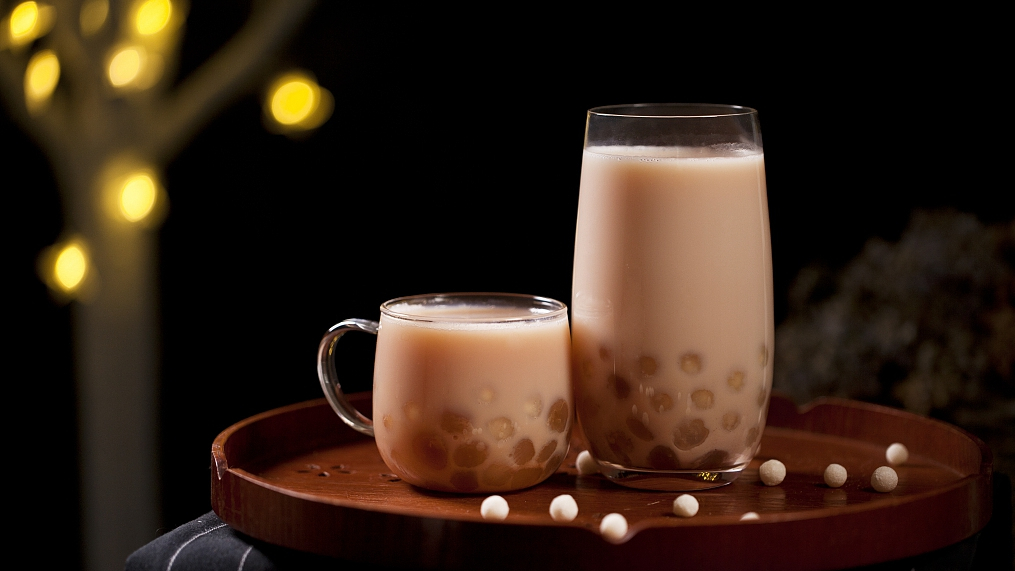
(Photo: VCG)
If you've ever enjoyed a bowl of noodles at one of Thailand's famous street food stalls, you'll have noticed condiments on the table to compliment the excellent cuisine, which reflects the four basic flavors integral to Thai food: Chili flakes, fish sauce, vinegar, and sugar.
The last is usually added with liberal abandon, as customers often heap three or more teaspoons of sugar into their steaming bowl of noodles.
But Thailand's sweet tooth has come at a high cost.
On average, Thai people consume the equivalent of 28 teaspoons of sugar every day, four times the healthy limit set by the World Health Organization.
Sugar is a commodity in abundant supply in Thailand. It's the world's second-largest exporter, a market worth 2.6 billion U.S. dollars last year.
But as the southeast Asian nation has grown economically, so have the waistlines of its people.
Diabetes rates are some of the highest in Asia, a problem that is particularly prevalent amongst people over 60 and under 30 years old.
The introduction of new taxes on sugar in soft drinks, starting this October, is an attempt to persuade people to consume less sugar, and to force manufacturers to find new recipes that don't rely so heavily on sweeteners.
Sitting in his office at the Ministry of Finance, Nutthakorn Utensute, director of the Excise Department, has a cup of unsweetened Chinese tea prominently visible on his desk, as he explains why he's introduced the tax hike.
"By doing this, we hope that the consumers will reduce their consumption of sugar in soft drinks."
And other southeast Asian nations may soon be following suit.
Thailand is Chair of ASEAN this year, and Mr. Utensute tells me that colleagues from around the region are keen to follow his example.
"Many countries are interested in imposing this tax. For example, the Philippines has already imposed it, Indonesia, Malaysia, and Vietnam are also studying how they can introduce this tax."
The tax increases have been staggered over a four year period and will be widened to include fruit juices, flavored teas, and other commercially available drinks.
In reality, however, the new taxes will not hit consumers too hard, adding little more than a few cents to a litre bottle of soft drink, and some health campaigners say they fail to target the worst offenders, like the sugary coffee confections, sold in big global coffee chains that have become so popular across Asia.
At the up market Venida café in Bangkok, staff labour over a raspberry coffee, slowly pouring an iced espresso so it sits between a layer of sweet raspberry syrup and sugary condensed milk. It's one of the most popular items on the menu.
But owner Nathanaporn Euawanthanakhun attributes Thai peoples love of sugar to a historical tradition, deeply embedded in their DNA.
"I think because our ancestors liked to eat sweet things, like before they ate mango with rice, or watermelon with rice… all their food was a little bit sweet and I think Thai people are used to eat sweet things because we believe we can eat more," she tells CGTN.
Nathanaporn has built a business empire with 60 bakery shops across Thailand using her intimate knowledge of what tickles the taste buds of Thai consumers.
So, when asked if people are likely to be unhappy about the new sugar taxes, she replies "Yes I think so." Her nervous laugh also suggests that for many Thai's, this could be a bitter pill to swallow.


